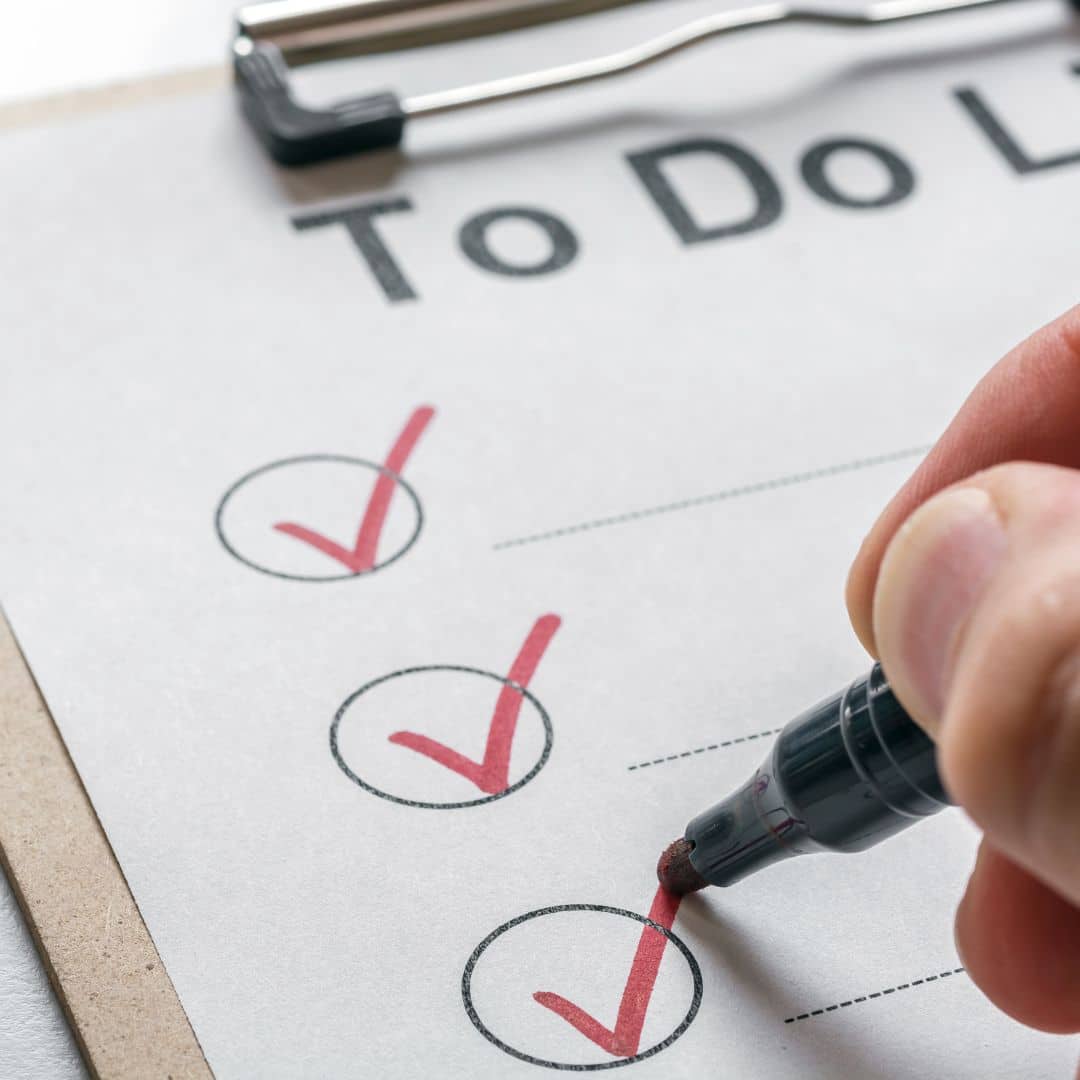Healthy Habits for Professional Productivity and Well-Being Pt. 3 DAILY GOAL SETTING
Welcome back! As the Director of Behavioral Health at Lyric Health, I will explore Health Habits: Setting Goals in this month’s virtual care blog. In our earlier installments of the Healthy Habits series, we discussed the significance of cultivating good sleep hygiene and establishing a healthy morning routine and strategies to empower you in these areas. Today, we shift our focus to goal setting.
If you read my previous blog about good sleep hygiene and how good sleep gives you the energy to make it through the day, and if you read my blog about setting a morning routine to center yourself so that you can go to work with the right attitude, then daily goal setting will not just guide you but empower you to establish control over your schedule and move forward in a positive direction to completing tasks and increasing your output. In many ways, goal setting is the GPS to having an efficient and happy workday.
How Much Can One Person Remember?
Did you know the average person’s short-term memory can only hold 7 pieces of information for about 30 seconds, according to studies from Simply Psychology.? That’s why setting daily goals and creating lists also equates to improved memory, increased productivity, and a boost in motivation!
How to Get Started Setting Your Goals
- The best way to establish daily goal setting is to start the day by writing down your priorities and goals either at home, on the commute (if you are not driving), or at the office.
Identifying and prioritizing the most crucial tasks or projects in the pipeline is important. You may want to establish daily and weekly lists, with uncompleted tasks transferred to active ones.
2. Keep your lists visible throughout the day. This will allow you to check your progress and cross off your list of completed tasks. In many ways, this is a form of positive reinforcement and feedback for accomplishment.
3. Next, when it comes to scheduling, spread the love and use a day/week/monthly planner and or a scheduling app.
I prefer the good old-fashioned paper/book planners that you can carry anywhere and are usually bigger than the calendar on your phone, but by adding the app, you can schedule into your phone and computers simultaneously through the cloud and receive scheduled alerts! Given my various tasks and jobs, I constantly scan the planner and the app so I don’t miss anything, making me feel much more secure, less stressed, and confident that I am on top of my schedule.
Many different types exist if you choose the high-tech route and want to use an app. Research all their capabilities to ensure they are compatible with your mobile device, laptop, or home or work computer. Forbes has researched these types of apps so that you can refer to their 2024 Best Scheduling Apps advisor reviews.
Also, when scheduling, acknowledge Murphy’s Law. Build extra time for things that take longer or accommodate unforeseen circumstances, which are a natural part of life and work.
4. Finally, find your flow. Determine the points of the day that your energy level and focus are best suited for specific tasks. Some people have more energy in the morning and, therefore, will take on complicated tasks that require more cognition, such as writing reports and conducting staff meetings. If they find themselves running out of energy or powering down towards the afternoon, that may be a better time to complete less arduous tasks such as reading and answering emails, returning phone calls, or doing billings.
If you need more clarification on your most productive time of day, you can track your habits over a few weeks and note when you have accomplished your tasks or notice when your attention was lower. Many surveys and studies have been done on productivity; for a quick reference, this article from INC is an excellent short read: How to Figure Out What Time of Day You’re Most Productive.

By the end of your workday, the executive functioning of your brain may be completely shutting down, and that may be the perfect time to finish up the incidental or rote tasks and scan your list of accomplishments for the day. This will allow you to head home knowing that you did your best to accomplish your goals of the day and say to yourself, “Job well done!”
I will see you next month for Part 4 of this series on Healthy Habits. In the meantime, keep working on perfecting your morning routine and setting your daily and/or weekly goals. Soon enough, you will find yourself less stressed, more productive, and content—and you might even whistle while you work!


